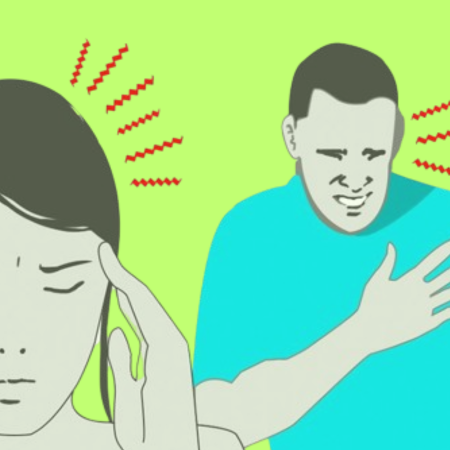Common symptoms of neck and shoulder tension
Recognizing the symptoms of neck and shoulder tension is crucial for early intervention and relief. Some common indicators include persistent pain, muscle stiffness, limited range of motion, headaches, and even numbness or tingling sensations in the arms or hands.
The Impact of Neck and Shoulder Tension on Daily Life
The effects of neck and shoulder tension extend beyond the physical discomfort they cause. Let’s explore the various ways in which this condition can hinder our daily lives.
Effects on posture and mobility
Neck and shoulder tension often lead to poor posture and restricted mobility. The tightness in these areas can pull the spine out of alignment, causing imbalances and further exacerbating the problem.
Interference with work and productivity
Individuals experiencing neck and shoulder tension may find it challenging to concentrate and perform tasks efficiently. The discomfort can affect their focus, productivity, and overall job satisfaction.
Impact on mental and emotional well-being
Chronic neck and shoulder tension can have a significant impact on mental and emotional well-being. The persistent pain and discomfort can lead to increased stress levels, irritability, and difficulty in relaxing or getting restful sleep.


